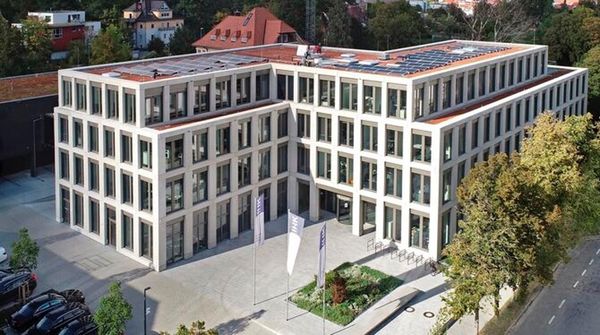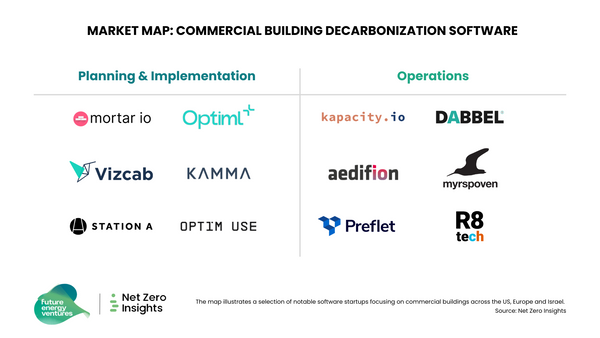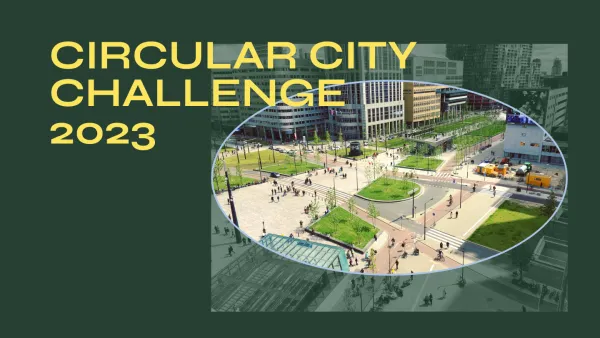Climate Change in Europe: A Call for Urgent Action

Climate change is a global crisis affecting every region, but Europe is particularly vulnerable to its impacts. From melting glaciers and rising sea levels to droughts and wildfires, climate change threatens the environment, the economy and the health of millions of Europeans. It is time to act now before it is too late.
Europe is already experiencing the effects of climate change. According to the European Environment Agency1, some of the critical climate hazards that Europe faces are:
- Droughts: Climate change is increasing the frequency and intensity of droughts in Europe, especially in the Mediterranean and Atlantic regions. Deficiencies can severely affect agriculture, water supply, energy production and biodiversity. For example, with a global average temperature increase of 3°C, it is projected that droughts would happen twice as often, and absolute annual losses from droughts in Europe would increase to EUR 40 billion per year2.
- Floods: Climate change alters the patterns and amounts of precipitation in Europe, leading to more extreme rainfall events and floods. Floods can cause damage to infrastructure, property, crops and human lives. For example, in 2022, heavy rainfall in Germany, Belgium, Luxembourg and the Netherlands caused devastating floods that killed more than 200 people and displaced thousands more3.
- Forest fires: Climate change is increasing the risk of forest fires in Europe, especially in southern and central regions. Forest fires can destroy ecosystems, release greenhouse gases, affect air quality and human health, and increase fire management costs. For example, in 2022, Greece faced its worst wildfires in decades, fueled by a prolonged heat wave and dry conditions. The fires burned over 100,000 hectares of land, forced evacuations of villages and tourist resorts, and endangered ancient monuments.
- Sea level rise and coastal erosion: Climate change is causing the sea level to rise due to the thermal expansion of seawater and the melting of ice sheets and glaciers. Sea level rise can increase the frequency and severity of coastal flooding, erosion and saltwater intrusion. It can also affect coastal ecosystems, infrastructure, tourism and human settlements. For example, it is estimated that by 2100, sea level rise could affect up to 5.5 million people and cause damage worth up to EUR 982 billion per year in Europe.
These are just some examples of how climate change impacts Europe. The effects will likely worsen if greenhouse gas emissions are not reduced significantly and rapidly. Climate change is not only an environmental problem but also a social and economic one. It can affect human health, food security, migration, employment, education and business. It can also exacerbate existing inequalities and conflicts within and between countries.
Therefore, we must take urgent action to mitigate and adapt to climate change. We must reduce our dependence on fossil fuels and switch to renewable energy sources. We need to improve our energy efficiency and conservation measures. We need to enhance our resilience and preparedness for climate hazards. We need to support innovation and research on climate solutions. We must cooperate and coordinate climate policies and actions with other countries and regions.
We also need to play our part as individuals and communities. We can change our lifestyles and consumption patterns to reduce our carbon footprint and environmental impact. We can raise awareness and educate others about climate change and its effects. We can demand accountability and action from our governments and leaders. We can join civil society organisations and movements fighting climate justice.
Climate change is a challenge that we cannot afford to ignore or delay. It is a threat that we must face together with courage and determination. It is a responsibility that we owe to ourselves, to each other, and future generations. It is a call for action that we must answer now.





